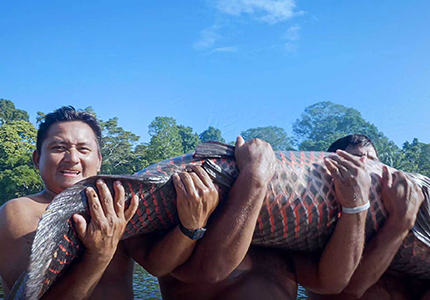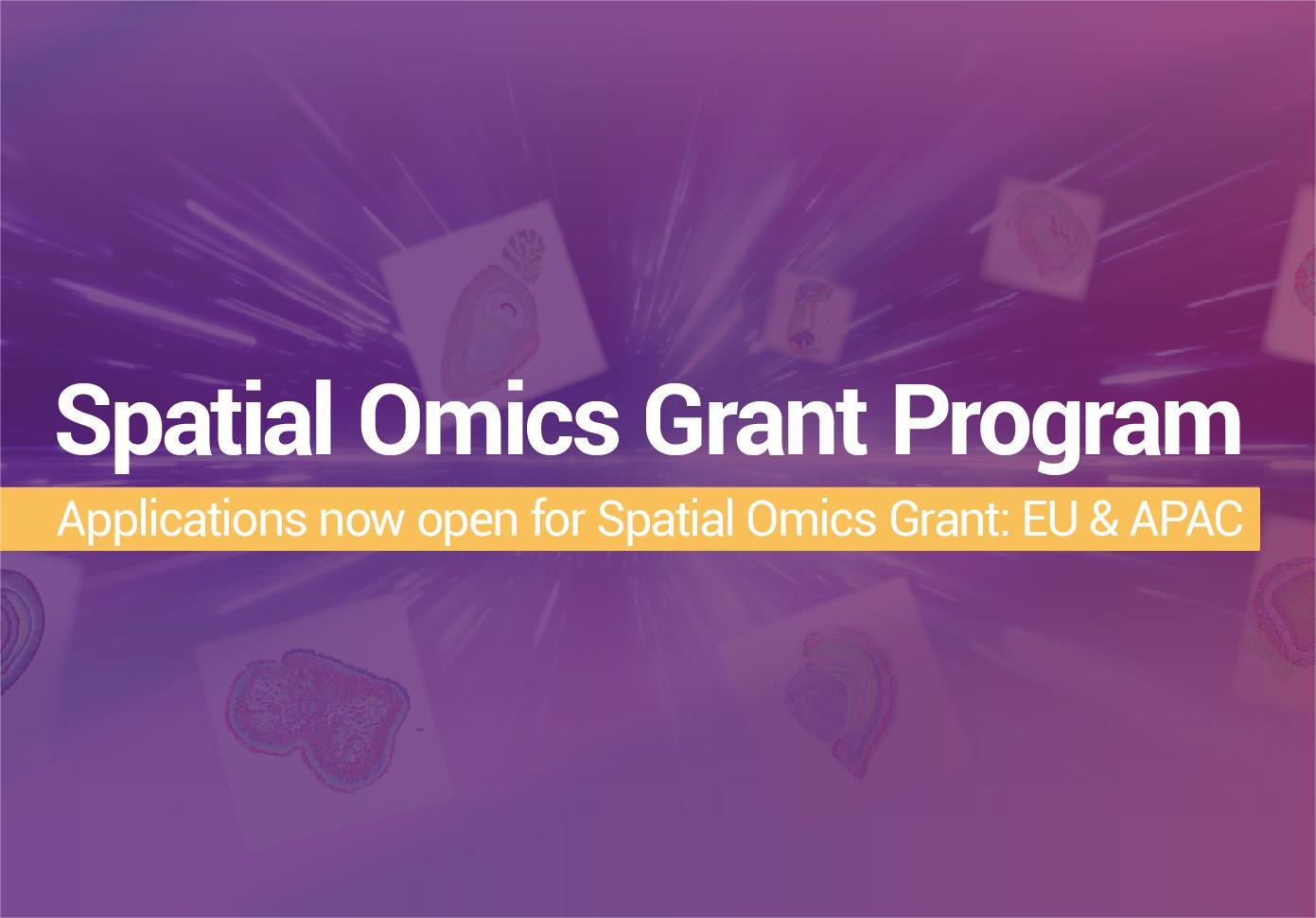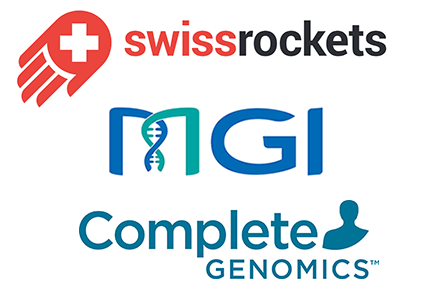Utilizing high-throughput sequencing technology, the HIV Host Genome project is revolutionizing HIV research in Africa. We interviewed Alukhethi Singo Ragimana, the Channel Sales Manager at MGI Africa, to obtain her insights on this significant project and to gain a better understanding of the African society and sequencing market.
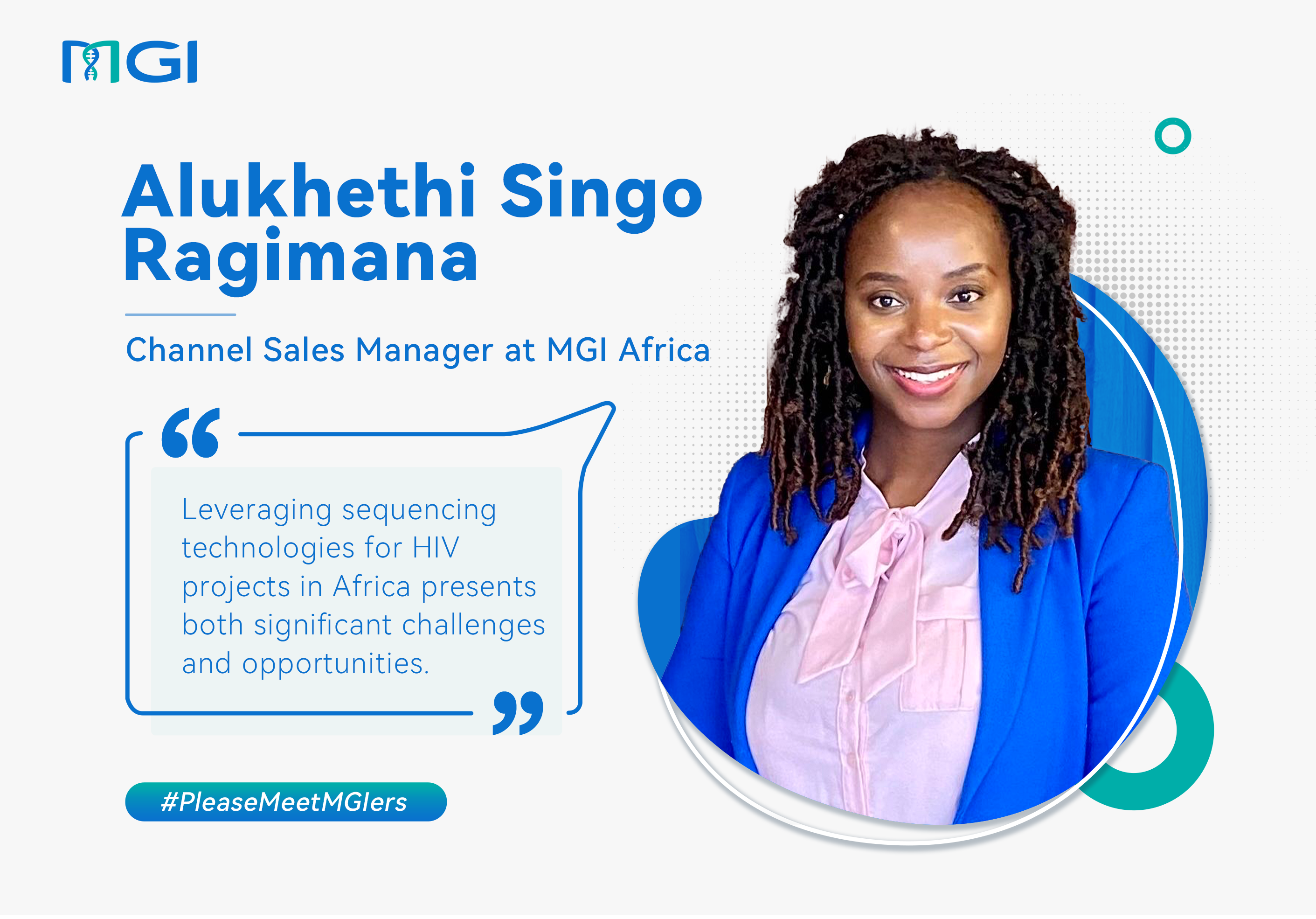
Q1: Would you please introduce yourself and your work at MGI? How do you see your role in HIV Host Genome Project to bring advanced technology to boost local research?
I am Alukhethi Singo-Ragimana, a Channel Sales Manager of MGI in South Africa. I would say my job is to introduce MGI's cutting-edge genomics technologies into Africa and this significant project, bridging the gap between the fast-growing industry and local end users. For instance, utilizing MGI NGS technologies to analyze the host genome and identify genetic variations associated with HIV susceptibility or resistance can provide comprehensive insights into genetic factors influencing disease outcomes.
Q2: You published an article on the impact of ceramic water filters on the health of people living with HIV in rural South Africa in 2014. Can you briefly introduce your study and findings?
Accessing clean drinking water is a significant issue in many rural areas, and for individuals living with HIV, the quality of drinking water can have a profound impact on their health. In the study, we found that the use of ceramic water filters led to a reduction in waterborne diseases and improved health status. This was particularly important for people with HIV, who are more susceptible to infections. Participants reported improvements in general health and fewer HIV-related symptoms.
Q3: What triggers your interest in researching people living with HIV and AIDS?
My interest in researching people living with HIV and AIDS is driven by a commitment to improving health outcomes and addressing the complexities of the disease through innovative solutions.
Q4: What’s your finest moment as a sales manager contributing to the HIV Host Genome Project?
In my role as a sales manager involved in this collaboration, my finest moments is working with esteemed researchers in the country, together leading a successful initiative that is significantly boosting MGI product adoption among local researchers. This initiative is making a difference in the lives of those who are living with HIV with the hope of being cured one day.
Q5: This project has laid the groundwork for the National 110K Human Genome Project in South Africa, how MGI can better empower the ecosystem by streamlined workflow?
The 110K Human Genome Project in South Africa represents a significant step forward in genomic research and personalized medicine. Optimizing and streamlining workflows is crucial for a company like MGI to effectively empower the ecosystem and support this ambitious initiative. MGI can enhance its contribution by offering advanced sequencing technologies with a streamlined workflow that provides flexibility, scalability, and advanced bioinformatics tools.
Q6: What specific challenges or opportunities do you see in leveraging sequencing technologies for HIV projects in Africa, considering factors such as infrastructure, funding, and collaboration?
Leveraging sequencing technologies for HIV projects in Africa presents both significant challenges and opportunities. Addressing these factors effectively can maximize the impact of genomic research on HIV. Challenges include limited funding opportunities and the availability of genomics technical expertise. However, this also offers opportunities to increase local sequencing capacity, thereby enhancing research and advancing personalized medicine.
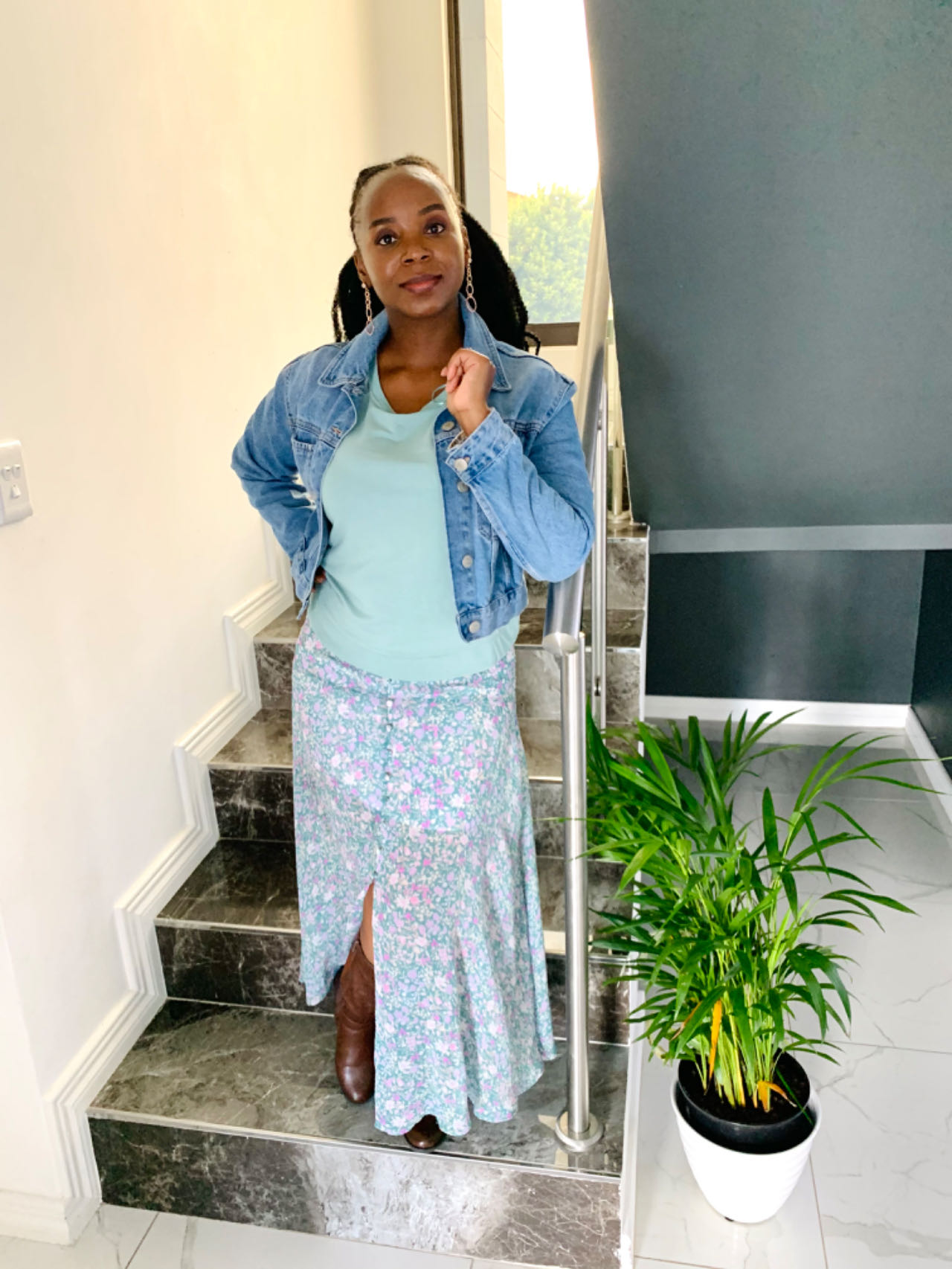
Q7: What are the major challenges for African people living with HIV? What do you think should be done to improve their situations?
Limited access to healthcare, many regions in Africa lack adequate healthcare facilities, equipment, and trained healthcare professionals, leading to limited access to essential HIV care and treatment services. My recommendations ideally would be to invest in building and equipping healthcare facilities, particularly in underserved and rural areas, to improve access to HIV care and antiretroviral therapy (ART).
Q8: As a women professional, what do you think are the difficulties faced by African women today? What suggestion would you give to improve African women’s situations?
African women face a range of difficulties that are deeply rooted in social, economic, and cultural contexts. Addressing these challenges requires multifaceted strategies and systemic changes. There are limitations to our ability to achieve financial independence and contribute to economic growth, in addition, income disparities and gender-based violence, etc, are evident. The solution to most of the issues faced by women is to advocate for gender equality and strengthen the legal hand for women’s protection.
Q9:What’s your outlook for the future of sequencing technology in Africa?
The future of sequencing technology in Africa holds transformative potential, promising to revolutionize healthcare, drive genomic research, and enhance personalized medicine through increased accessibility, innovation, and local expertise.
Q10: Aside from work, what do you do in your spare time?
I am a mom and a wife, so I spend a lot of my spare time with my family.
Q11: Can you share the coolest thing you ever did in your daily life?
The coolest thing I did was to successfully craft cosmetic products from the comfort of my own kitchen, blending natural ingredients into personalized beauty solutions. It is challenging but also full of fun.



 Sequencer Products: SEQ ALL
Sequencer Products: SEQ ALL















 Technologies
Technologies Applications
Applications Online Resources
Online Resources Data Bulletins
Data Bulletins Service & Support
Service & Support Global Programs
Global Programs Introduction
Introduction Newsroom
Newsroom Doing Business With Us
Doing Business With Us Creative Club
Creative Club








